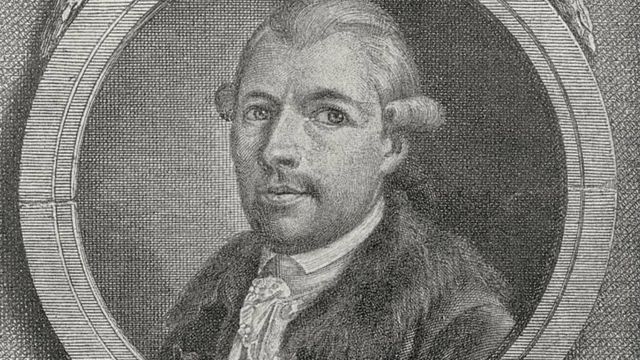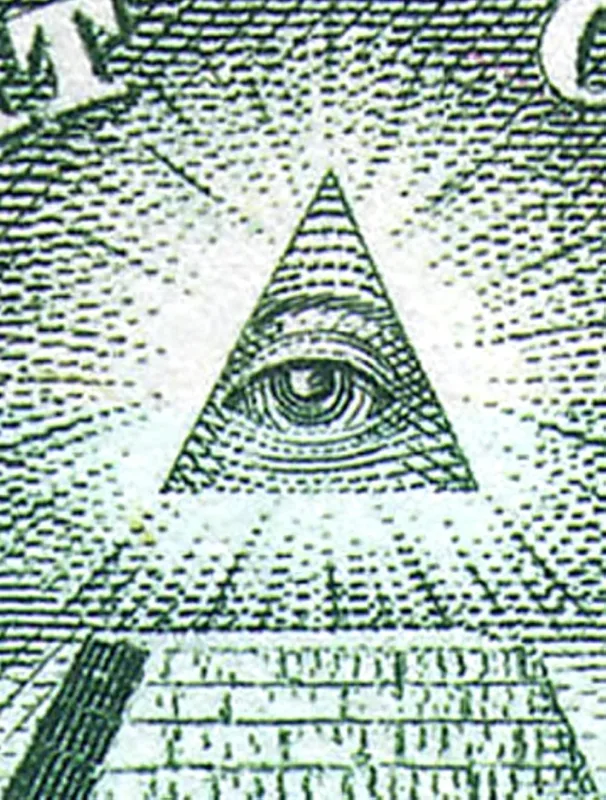Founding of the Illuminati
A. Background on founder Adam Weishaupt
B. Establishment of the group in 1776
C. Description of the group’s structure and hierarchy

The founding of the Illuminati in the late 1700s is a fascinating and controversial chapter in the history of secret societies. The group was founded by a young German philosopher named Adam Weishaupt, who sought to promote Enlightenment ideals and combat the influence of religion in society. Here is a closer look at the founding of the Illuminati:
Adam Weishaupt was born in 1748 in Ingolstadt, Bavaria, in what is now Germany. He was the son of a professor of civil law at the University of Ingolstadt and was educated by the Jesuits. After his father’s death, Weishaupt became a professor of canon law at the university.
Weishaupt was heavily influenced by Enlightenment thinkers such as Voltaire and Rousseau, as well as the work of the English philosopher John Locke. He was also critical of the role of religion.
As a young man, Weishaupt was heavily influenced by the ideas of the Enlightenment, which emphasized rationality, humanism, and the pursuit of knowledge. He was particularly interested in the work of thinkers such as Voltaire, Rousseau, and John Locke, whose ideas would later shape the philosophy of the Illuminati.
In 1776, Weishaupt founded the Illuminati, a secret society whose purpose was to promote Enlightenment ideals and combat the influence of religion in society. The group was established in Bavaria and initially had just five members, all of whom were former students of Weishaupt.
Over time, the Illuminati grew in size and influence, attracting members from all over Europe. The group’s membership included writers, scholars, and intellectuals who shared Weishaupt’s ideals and goals.
The Illuminati was organized into several levels of membership, with each level having a specific role and responsibility within the group. At the lowest level, members were known as “novices” and were responsible for recruiting new members and spreading the group’s message.
Above the novices were the “minervals,” who were responsible for implementing the group’s goals in society. Next were the “lesser illuminati,” who were responsible for managing the group’s operations and overseeing the lower-level members.
At the highest level were the “greater illuminati,” who were responsible for guiding the group’s overall direction and strategy. Weishaupt himself was the highest-ranking member of the Illuminati and was known as the “Perfectibilist.”.
Add Any content here

The Illuminati was founded with the purpose of promoting the ideals of the Enlightenment, such as reason, freedom, and equality. The group sought to combat the influence of organized religion, which it believed was a source of superstition and a hindrance to scientific progress. The Illuminati aimed to create a society based on rationality and humanism, where individuals were free to pursue their own interests and contribute to the betterment of society as a whole.
The Illuminati had a significant impact on politics and society during its time. Members of the group were influential in several key events, such as the French Revolution, where Illuminati ideas played a role in the overthrow of the monarchy. The Illuminati also had a lasting impact on literature and philosophy, inspiring writers and thinkers such as Johann Wolfgang von Goethe and Immanuel Kant. However, the group’s influence was short-lived. In 1785, the Bavarian government banned secret societies, including the Illuminati, and the group was disbanded. Despite its relatively short existence, the Illuminati remains a fascinating and controversial topic in the history of secret societies and the Enlightenment.
The Illuminati employed several strategies for achieving its goals. One of the most effective was infiltrating powerful institutions, such as universities, government offices, and religious organizations. By placing members in positions of authority, the Illuminati was able to influence policy and decision-making. The group also spread its ideas through literature and philosophy, publishing books and articles that promoted Enlightenment ideals and challenged the traditional views of religion and society.